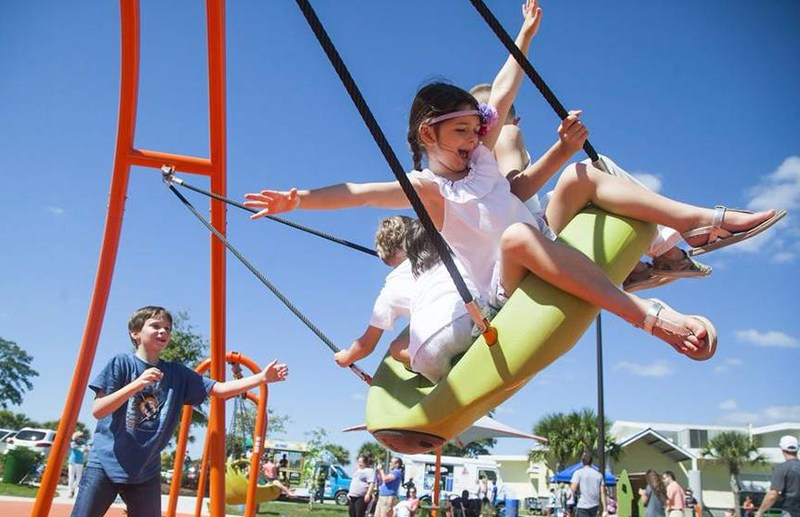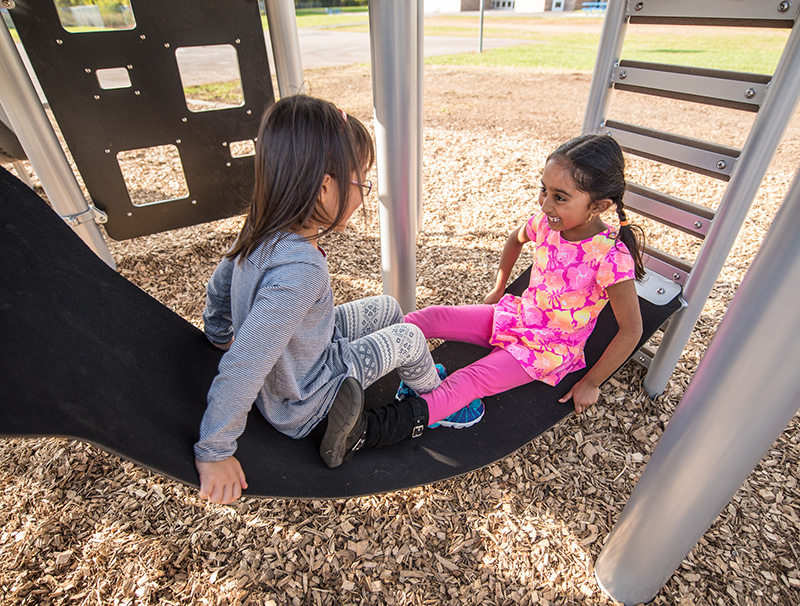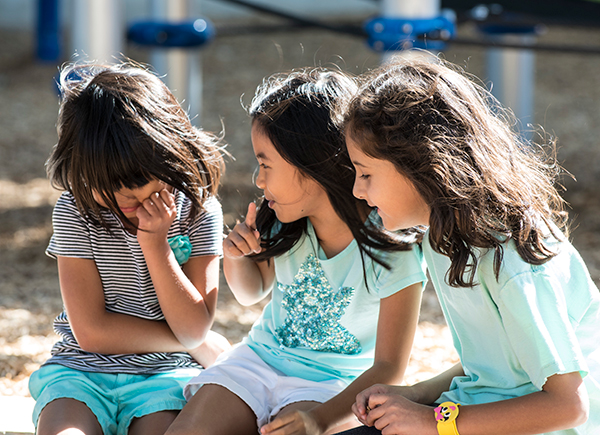Are you looking for resources on trends affecting the playground industry? We can help! We’ve created whitepapers to help generate discussion about the importance of play in early childhood development, outdoor play during school hours, and balancing safety and challenge, and serve as a reference during future playground projects. Get details below about each of our whitepapers, and request a download today.

Shaped by Play: The Formative Role of Play and Playgrounds
Child’s play, we are learning, is not just fun and games. Children’s play behavior appears to be essential preparation for a successful adult life. We partnered with the University of Minnesota’s Institute of Child Development to understand how behavior on school and community playgrounds contributes to whole-child development. This meta-study aggregates and analyzes key findings from some of the most influential studies on children and play.
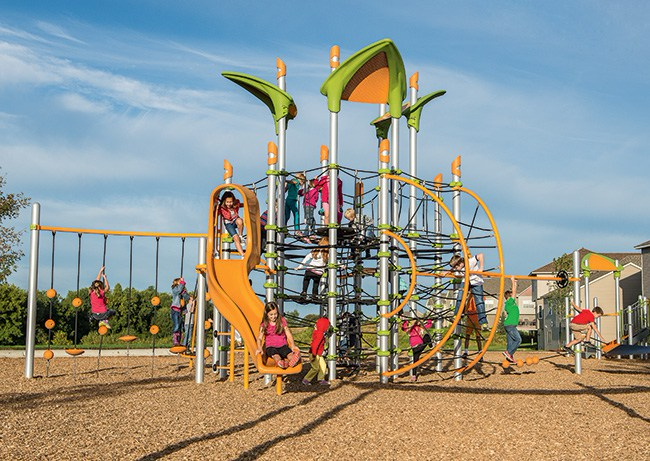
Balancing Safety & Challenge in Playground Design
Playgrounds are a place where children can learn and grow through exploration and social interaction. However, that development can’t take place without age and developmentally appropriate challenges. Parental concern along with standards that have decreased design freedom are contributors to the lack of challenging opportunities in today’s play equipment. Finding a balance between challenge and safety is important to childhood development, and society can help determine a healthy median.
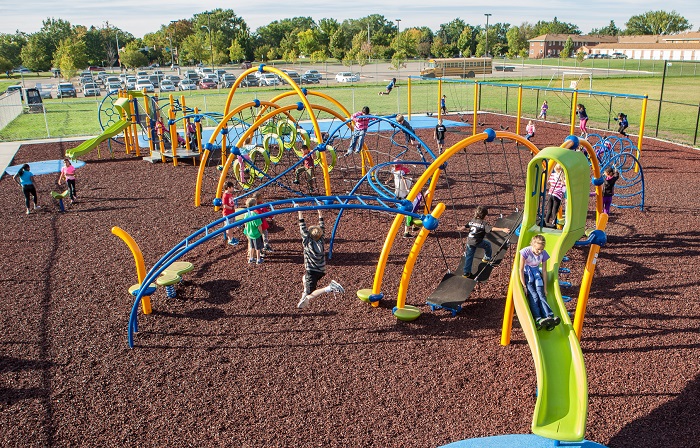
The Importance of Outdoor Play & Physical Activity During School Hours
Both outdoor physical activity and indoor classroom time are important for kids’ growth and development. School provides students with the education they need to have a successful career, and physical activity gives them a chance to stay healthy. Unfortunately, not all kids get their daily 60 minutes outside. School is a place where kids can supplement the lack of physical activity they get at home, and help kids become smarter, healthier and stronger.
Find more playground education resources including continuing education sessions and infographics at playlsi.com.

